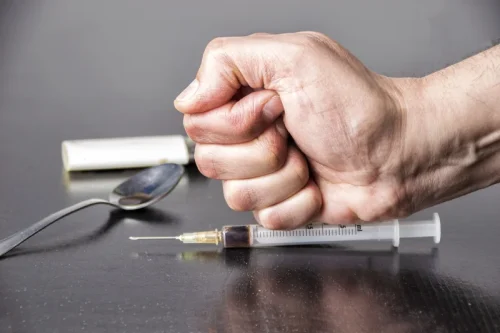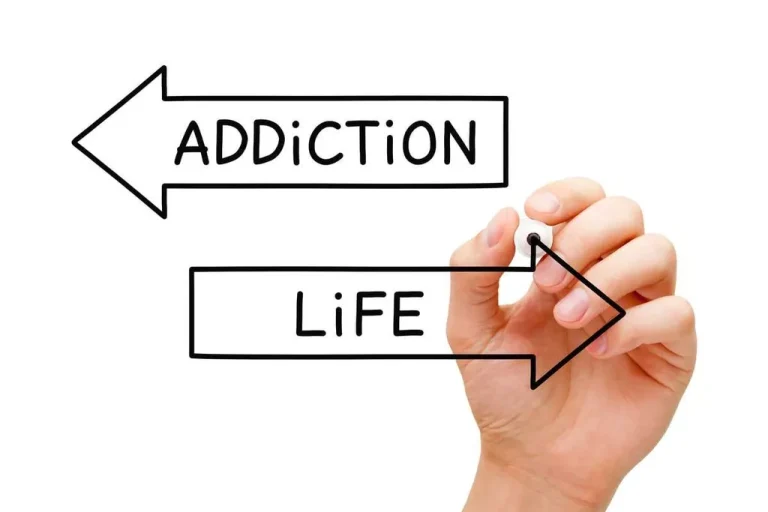
Moreover, alcohol can also cause dysregulation in the body’s stress pathways, resulting in increased anxiety, stress, psychosis, and suicidal tendencies. Unfortunately, the equilibrium of these particles gets disrupted when the levels of alcohol are high in the blood, causing damage to the brain’s functioning. Similarly, long-term use of alcohol can also result in psychological dependence and withdrawal symptoms upon avoiding alcohol use. Alcohol use disorder (AUD) is a condition in which a person taking alcohol struggles with alcohol dependence and has minimal control over the cravings for alcohol despite negative social and economic consequences.
Alcohol-Related Aggression Treatment
In summary, heavy drinking or chronic drinking alters brain chemistry in the short and long term. For these reasons, some people may exhibit nervousness, outbursts, aggression, and even violence while intoxicated or during withdrawal. Plus, alcohol-related rage and aggression are tied to intimate partner violence, verbal and physical abuse, sexual assault, violent crimes, verbal and physical altercations, and more (1). These medicines can help reduce the negative side effects of detoxification and withdrawal. Ultimately, nobody knows what comes first—anger or alcohol use disorder (AUD). However, some studies have been done to better understand who is more at risk.

Want to protect your brain? Here’s what you need to know about alcohol consumption.
- Mood stabilizers, antidepressants, or anti-anxiety medications can all help to regulate and control negative emotions, during both detox and treatment for anger management and alcohol addiction.
- Emotional withdrawal symptoms can include agitation, anxiety, depression, irritability, and tension as well as sleep disturbances, insomnia, and physical discomfort.
- As you become more self-aware, you’ll make better choices about alcohol consumption.
- Factors like underlying personality traits, neurochemical makeup, and even the presence of disorders like antisocial personality disorder (ASPD) can influence alcohol-related aggression.
- Mood stabilizers can help regulate emotional fluctuations, while withdrawal management medications assist in managing alcohol cravings and withdrawal symptoms, facilitating a smoother transition toward sobriety.
Alcohol use and anger can both be treated using psychotherapy approaches rooted in cognitive behavioral therapy (CBT). Extreme emotions that are usually hidden from others, like anger and sadness, may be more noticeable when you drink because you’re less able to conceal and manage them. When they come out, others notice them because they’re not a part of the everyday social experience. If you or a loved one is struggling with alcohol use and could benefit from alcohol addiction treatment, contact us today. As you can imagine, alcohol-related aggression can have far-reaching and severe unintended consequences.
Alcohol and Domestic Abuse/Violence
- Some people may become more angry or aggressive when they drink, in part because of alcohol’s effects on brain chemistry.
- Medical detox programs are often the first stage in a comprehensive addiction treatment program.
- This suggested that both the women and men can be equally aggressive and alcohol does not seem to play a prominent role in the gender biases in aggression.
Of course, availability of an aggressive response does not mandate its enactment. People are exposed to instigating influences every day, but few actually https://ecosoberhouse.com/ lead to aggression. Thus, other factors are necessary to determine whether someone will perpetrate aggression at a specific point in time.

Chervyakov et al. (2002) reported that 4 in every 5 Russians convicted of murder were intoxicated with alcohol during the murderous act. In a British prison sample, over a third of male homicide offenders had consumed alcohol and were considered drunk at the time of the offense and 14.0% had been using drugs (Dobash and Dobash, 2011). 68% of the dependent and abstainers perceived anger as negative emotion and 76% in control perceived it as negative. The presence of significant difference was seen for relapsers group in relation to trait anger and state anger.
We can create an environment of emotional well-being and resilience by promoting awareness, exploring healthier coping strategies, and fostering support networks. Anger, a normal emotion, can be manifested in various behaviors ranging from mild irritation to explosive outbursts. When alcohol enters the equation, its impact on our neurobiology becomes essential to understand.
How Does Alcohol Impact the Brain?
- Similarly, those overwhelmed by anger might use alcohol for relief, only to find it intensifies their inner conflict.
- Aggressive men recorded higher activation of the left amygdala than aggressive women and a positive correlation with orbitofrontal cortex (OFC), rectal gyrus, and ACC activity, which was negatively correlated in women.
- Contrary to this, a cross-sectional analysis of data from 83 countries that controlled for several possible covariates reported that countries with riskier drinking patterns did not have higher homicide rates compared to countries with less risky drinking patterns.
Other holistic methods are often used during a comprehensive addiction and anger management treatment program as adjunctive, or complementary, treatment methods. Massage therapy can help to relieve physical tension and therefore promote mental clarity. alcoholism and anger Expressive therapies provide healthy, and often nonverbal, outlets for the expression of negative and difficult emotions. Understanding the connection between alcohol and aggression is essential for mitigating its negative consequences.

- In most cases, women are at a higher risk of experiencing alcohol-related domestic violence from male partners.
- Likewise, hostility is an attitude of resentment and unfriendliness that doesn’t require feelings of anger.
- It’s when you can identify what’s wrong that you can begin to heal from it.
- The study included 67 undergraduate men who were currently dating someone.
Addiction Destroys Dreams, We Can Help

